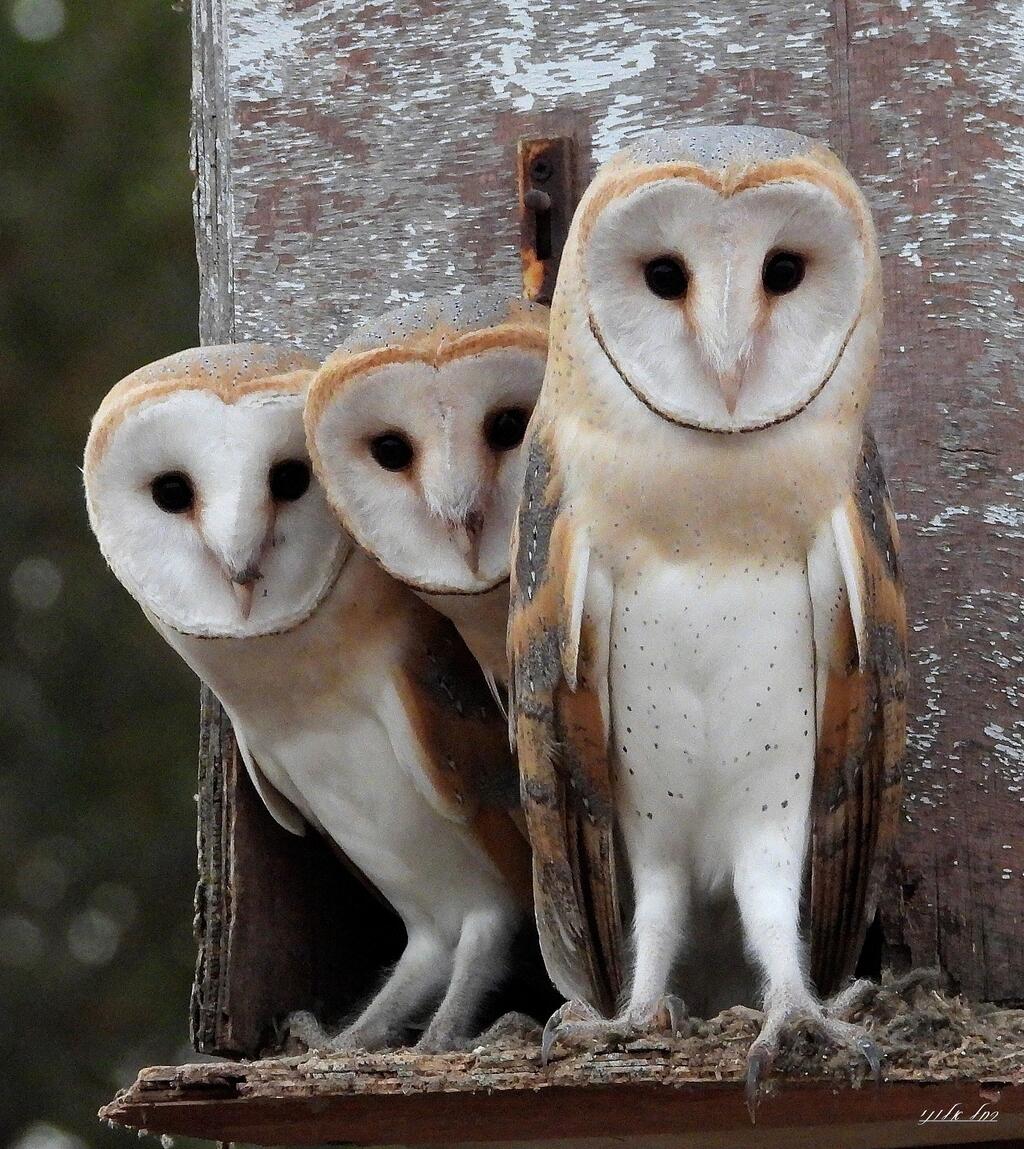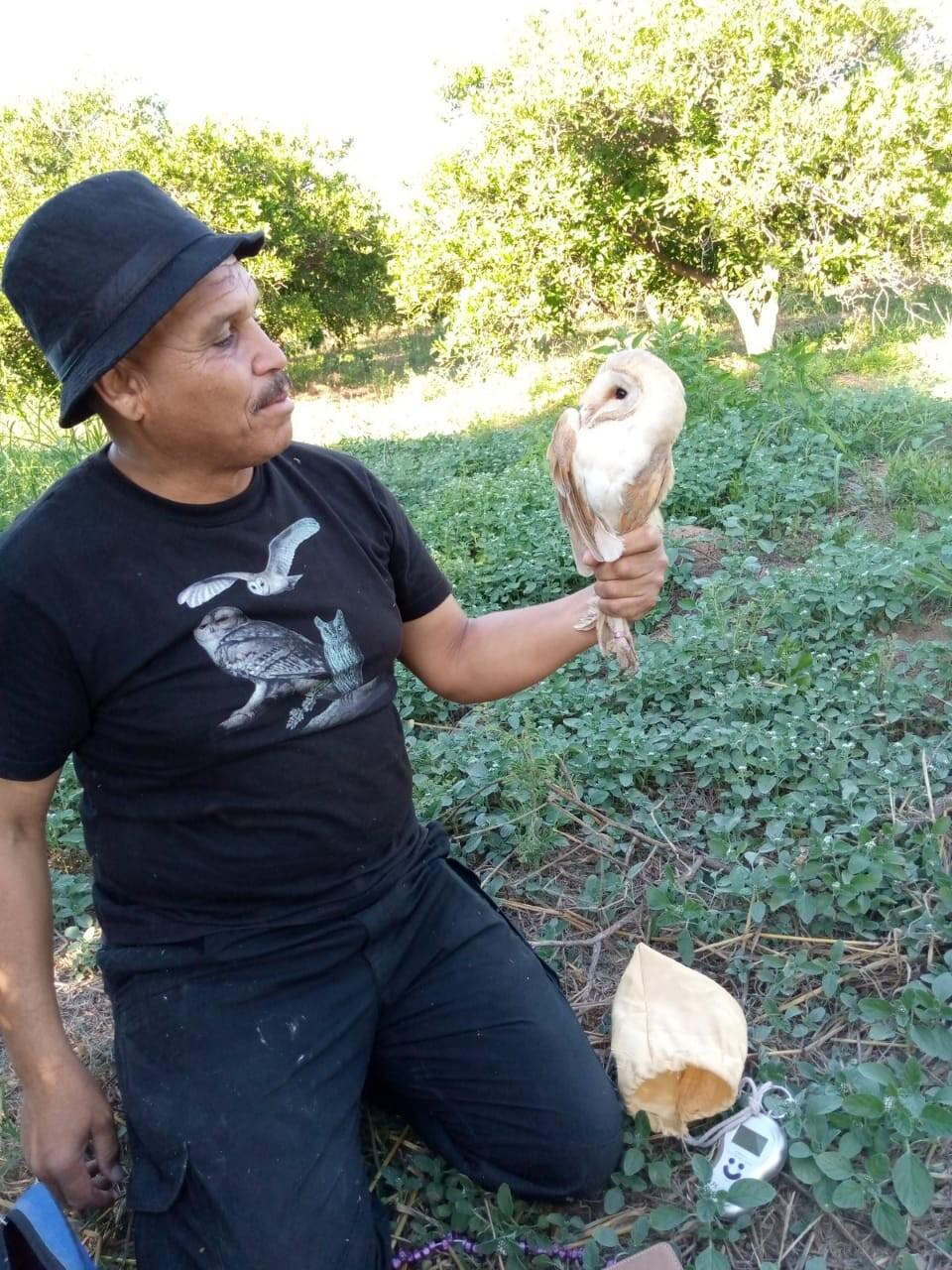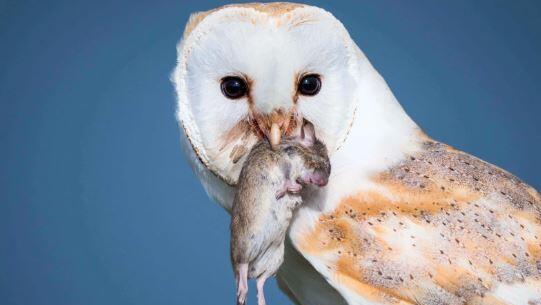Getting your Trinity Audio player ready...
Israel is not only considered to be one of the most important bird migration sites in the world, but also a hub favored by a mass variety of species. One of them is the barn own, which unbeknownst to it has connected many nations of the Middle East: The Israelis, Jordanians, Palestinian Authority, Egypt and others.
The agriculturists from these countries have been cooperating closely on the use of barn owls as biological exterminators, reducing the need for harmful chemicals in the fields.
Yossi Leshem, a zoology professor at Tel Aviv University, published the book "50 years of Israeli ornithology," featuring the thousands of bird species that can be found nationwide.
It covers the interesting phenomenon of barn owls being a sort of biological exterminators in agriculture. The successful use of the birds as exterminators has allowed field owners to significantly cut the use of chemical pesticides, with the method becoming popular in other parts of he world.
In the past 20 years, it has also become a mechanism of cooperation between Israel, Palestinians and Jordan. Recently, that cooperation has come to include Cyprus, Morocco and Greece.
As it turns out, barn owls' diet is made up almost entirely out of rodents, so the idea of using them as exterminators emerged as far back as 1970s. In Israel, the method garnered attention in the 1980s when agriculturists started looking for an alternative to chemicals that killed many nesting birds in the area.
The initial trial run was an overwhelming success and over 5,000 wooden nesting homes were built all over Israel to accommodate the adorable aerial predators. "It began in Kibbutz Sde Eliyahu," says Leshem. "Today, it's a national undertaking. No less than three governmental offices are involved."
Not exactly familiar with the idea of national borders, the birds flew to Palestinian territories in the West Bank and as far as Jordan. With their GPS tagging confirming their migration east, Prof. Leshem initiated a meeting with retired Jordanian General Mansoor Abu-Rashid, who played a prominent role in the peace treaty with Israel in 1994, and Imad Atrash is the executive director of the Palestine Wildlife Society.
In an agricultural seminar in Jordan, it was decided to expand implementation of the idea to Algeria, Morocco, Tunisia and Egypt. In 2019, Abu-Rashid and Atrash flew to Switzerland to advance the idea and even met Pope Francis in the Vatican - for whom preservation of the environment, biological diversity and the relationship between Christians, Jews and Muslims are issues close to heart.
What started as a small experiment in Kibbutz Sde Eliyahu, turned into a regional project that contributes not only to the quality of the environment but also to improving relations with neighboring countries.
Prof. Leshem speaks very fondly about the species. "Their hunting capability, aided by an acute sense of hearing and sight, is just incredible. I've witnessed so many birds dying each year because of pesticides, and these little predators changed everything. This way, no one is hurt.
"Barn owls are a big deal. Their bones are built in such a way that they can turn their heads 180 degrees. We even saw a male raising chicks with two females. We never knew bigamy was even possible with birds."




